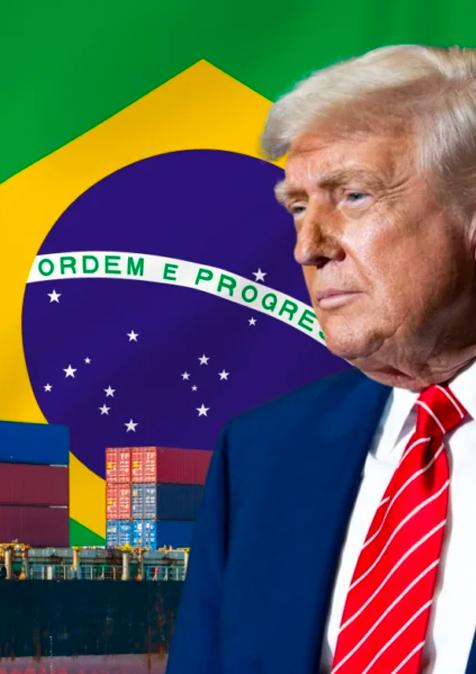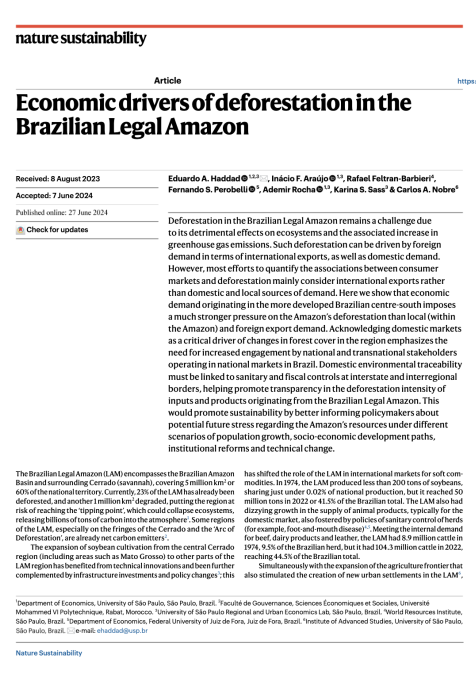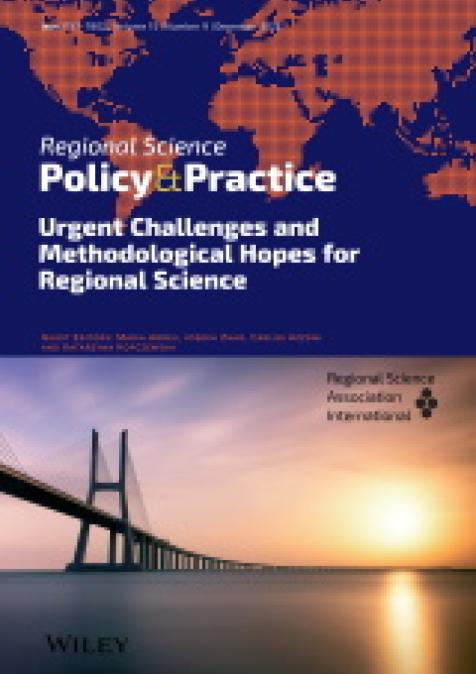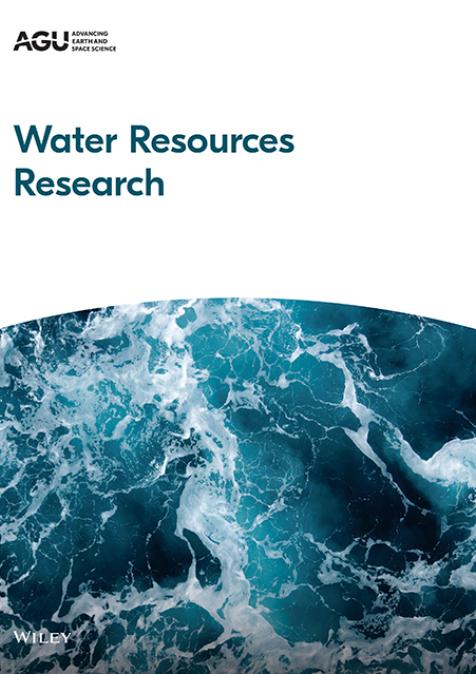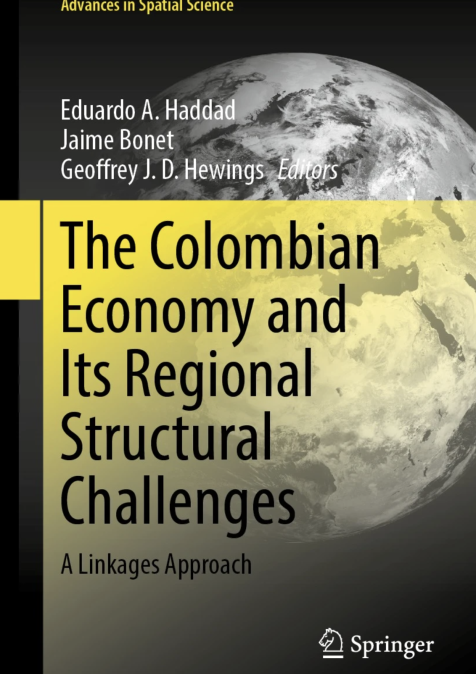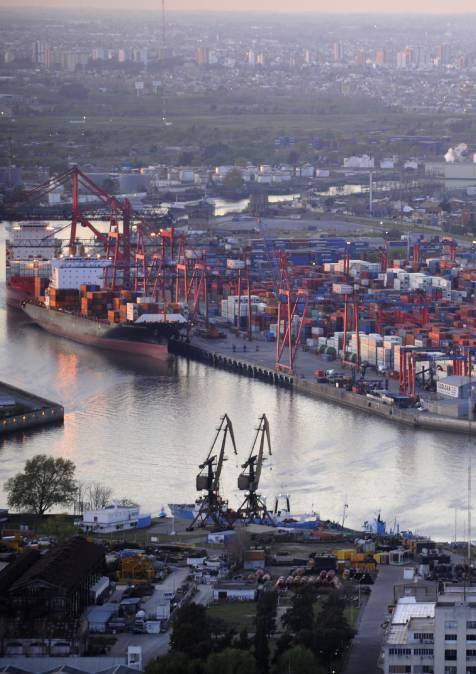The power of fire is a legend, a myth. Reality. The Combustion Triangle-heat, fuel, oxidizing agent. Its importance to civilization debated by philosophers in ancient Athens, tempting Prometheus to steal fire from the Gods to protect the otherwise helpless humans. Fire is part of life, as is the sun, fire consumed cities in war and San Francisco after an earthquake or just burned to glorify the spirits, provoking fear, the devil, ghosts, and the desperate in poverty, bur ...
